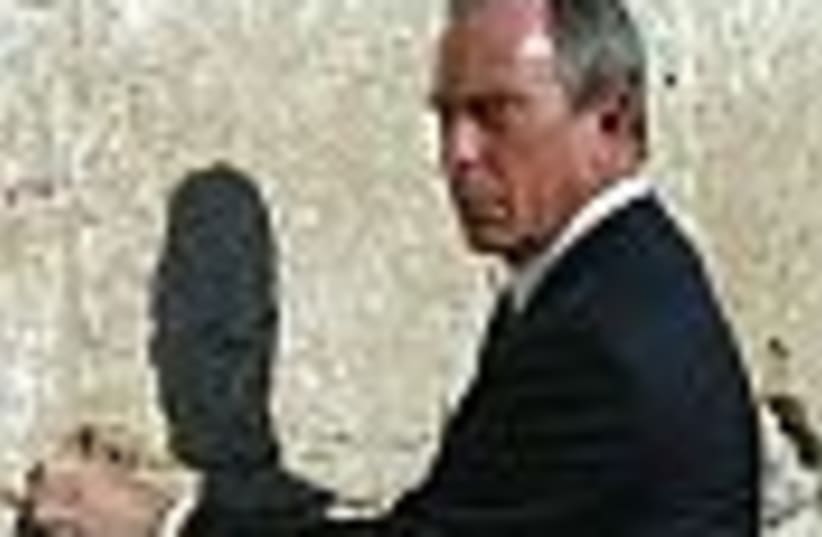| More about: | Michael Bloomberg, The Rolling Stones, New York, New York City |
Three Jewish mayors
New York State elected a Jewish governor and senator long before NYC chose its first Jewish mayor.


| More about: | Michael Bloomberg, The Rolling Stones, New York, New York City |